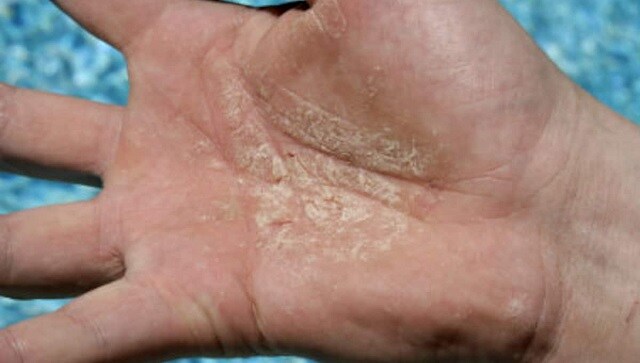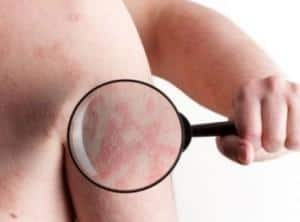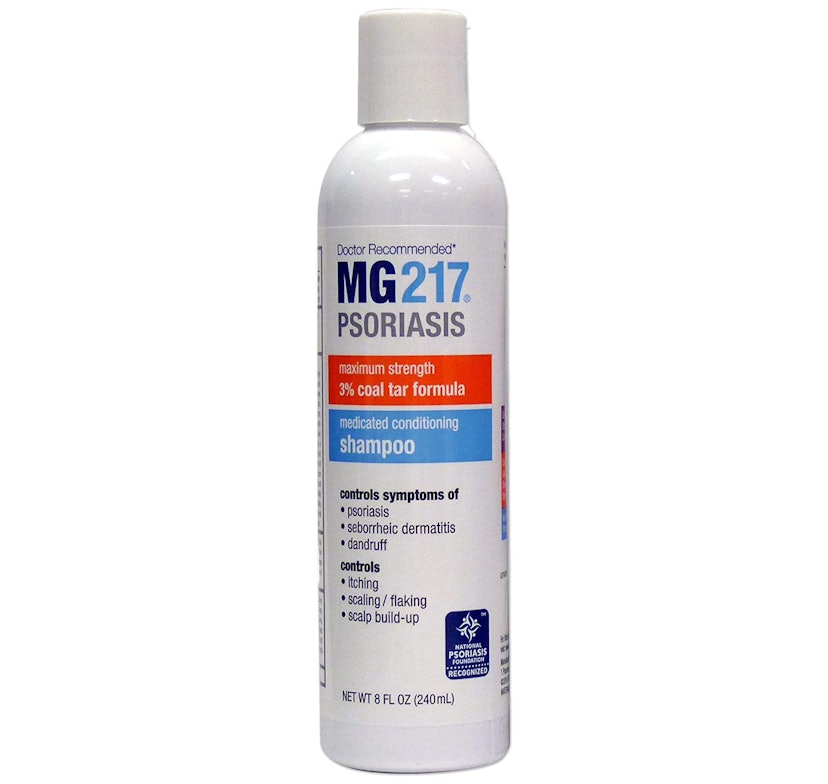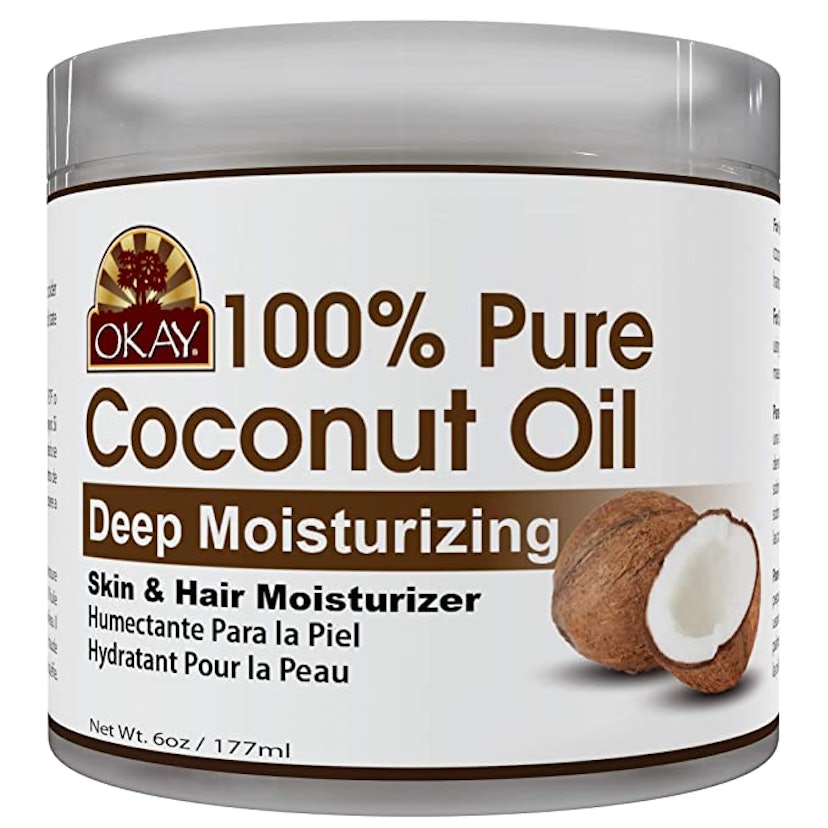
Psoriasis is a skin disease, a chronic disease and an autoimmune disease. Given how complex this disease is and the fact that it has a high prevalence and tends to go undiagnosed or misdiagnosed to a large extent, awareness about it is vital. World Psoriasis Day, observed on 29 October, is when awareness campaigns are amplified globally to fight this disease. Keeping up with this target, the theme of World Psoriasis Day 2020 is “Informed”.
Dr Monica Bambroo, Head of Dermatology and Cosmetology, Artemis Hospitals, Gurugram, shed light on why this disease needs more spotlight than it gets, especially within the Indian healthcare system.
Not just skin deep
Characterised by scaly patches on the skin that grow and shed very fast, psoriasis is not just any skin disease. “The common man assumes that skin diseases are either fungal or bacterial in nature but that’s not the case with psoriasis,” says Dr Bambroo. “Psoriasis is a systemic disease, which is why it’s classified as an autoimmune disease. Your immune system is supposed to protect you, keep you safe. But sometimes, the immune system mistakenly attacks the body itself. In the case of psoriasis, the immune system attacks the largest organ - the skin - causing inflammation and all the associated symptoms.”
“Normally, skin diseases affect only the skin,” she adds. “But if you have psoriasis, the inflammation can occur in your internal organs as well, especially in the cardiovascular system. Psoriasis can even cause metabolic syndrome, which includes a range of associated diseases.”
Diagnosis, misdiagnosis and delay in diagnosis
Dr Bambroo explains that since psoriasis symptoms may resemble those of other diseases, especially other skin diseases, it may not be easy to diagnose until you visit a specialist. “Early diagnosis and appropriate treatment are essential if you have psoriasis,” she adds. “We often observe that if psoriasis patients are unable to diagnose or control their disease then they tend to develop obesity, diabetes and cardiovascular diseases in the long run.”
“Another important aspect is psoriatic arthritis,” she adds. “Although it’s difficult to predict who will develop psoriatic arthritis eventually, care must be taken early on by all psoriasis patients to prevent it. Mostly, patients come to us after eight to nine years and they have symptoms like joint pain, inflammation and swelling in the small joints of the hands and deformities in finger joints. These are the long-term implications of psoriasis that need to be prevented.”
Another long-term implication of psoriasis is related to mental health. “Patients usually get distressed, have depressive symptoms and may not feel accepted by society,” Dr Bambroo says, indicating that since people associate being social with being presentable - and psoriasis may threaten their presentability - patients often feel isolated and lonely. “These factors increase their risks of developing mental health issues in comparison to others around them,” she adds. “The biggest problem with psoriasis is the fact that it affects your confidence deeply.”
Taking psoriasis seriously
“Diagnosing psoriasis doesn’t take too much effort or investigation but people tend to take skin diseases more lightly than they should,” Dr Bambroo comments. “Most people may assume it’s just a small rash, it will go away by itself and won’t affect my health much. People are also unaware of their family medical history, and since genetics play a role in causing psoriasis, this may also lead to delayed diagnosis or misdiagnosis.”
“But since predicting what health problems psoriasis may cause later is difficult, it’s important that you take this disease seriously. For example, if a young patient has psoriasis and we ignore it, it can have a lifelong and incapacitating impact,” she says. “This is the reason why early and correct treatment is vital in the case of psoriasis.”
How to prevent flare-ups
Dr Bambroo mentions that while you can’t control the genetic causes of psoriasis, you can manage the environmental factors that can trigger flare-ups. “Smoking and alcohol consumption tend to cause more flare-ups and so do obesity and lack of weight management. Taking care of these factors and looking after the health of your skin as winter season approaches can help psoriasis patients manage their flare-ups better. Stress also causes psoriasis flare-ups and we have especially seen many such cases during the COVID-19 pandemic. You have to keep yourself stress-free by meditating, doing yoga and following a daily routine,” she adds.
Although psoriasis is not curable and is a chronic disease, there are many treatment options available now including corticosteroids, vitamin D derivative creams, immunosuppressants, etc. “It’s important, however, that doctors discuss viable options with the patients and customize their treatment to ensure they can actually adopt the necessary course,” Dr Bambroo says. “Going back to your doctor for follow-ups is also vital because not all medications are effective for psoriasis year after year. Plus, medications can also have side effects, so going back to your doctor for regular check-ups is necessary.”
“The biggest limitation in psoriasis treatment I’ve found is that the best treatments are also very expensive and not covered by insurance. I think it’s very important to include diseases like psoriasis in insurance plans and reimbursements,” she adds. “Psoriasis is not a cosmetic disease that’ll disappear like pimples do. This disease has a major impact on life and affects the dermatological life quality index (DLQI) of the patient.”






